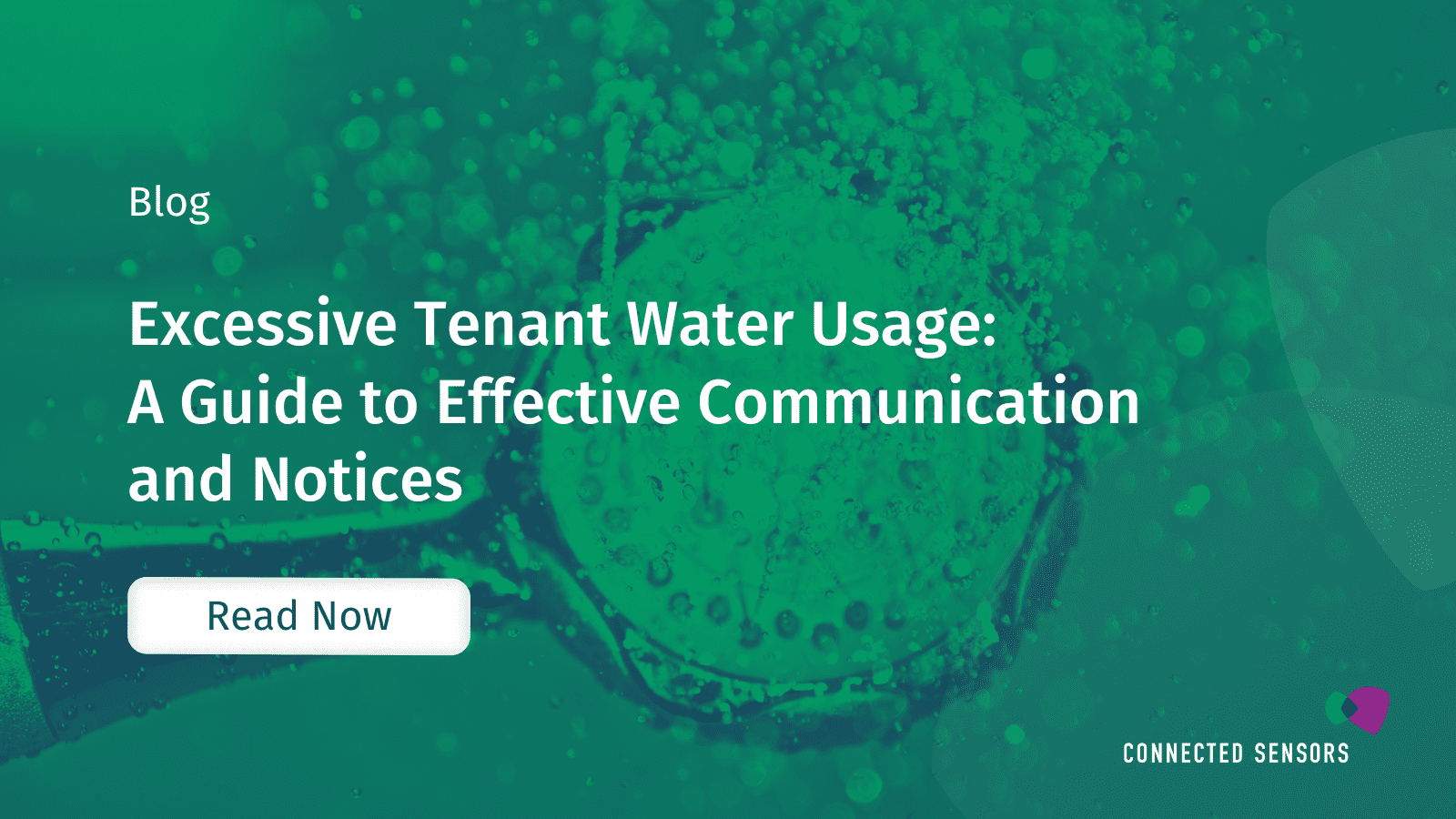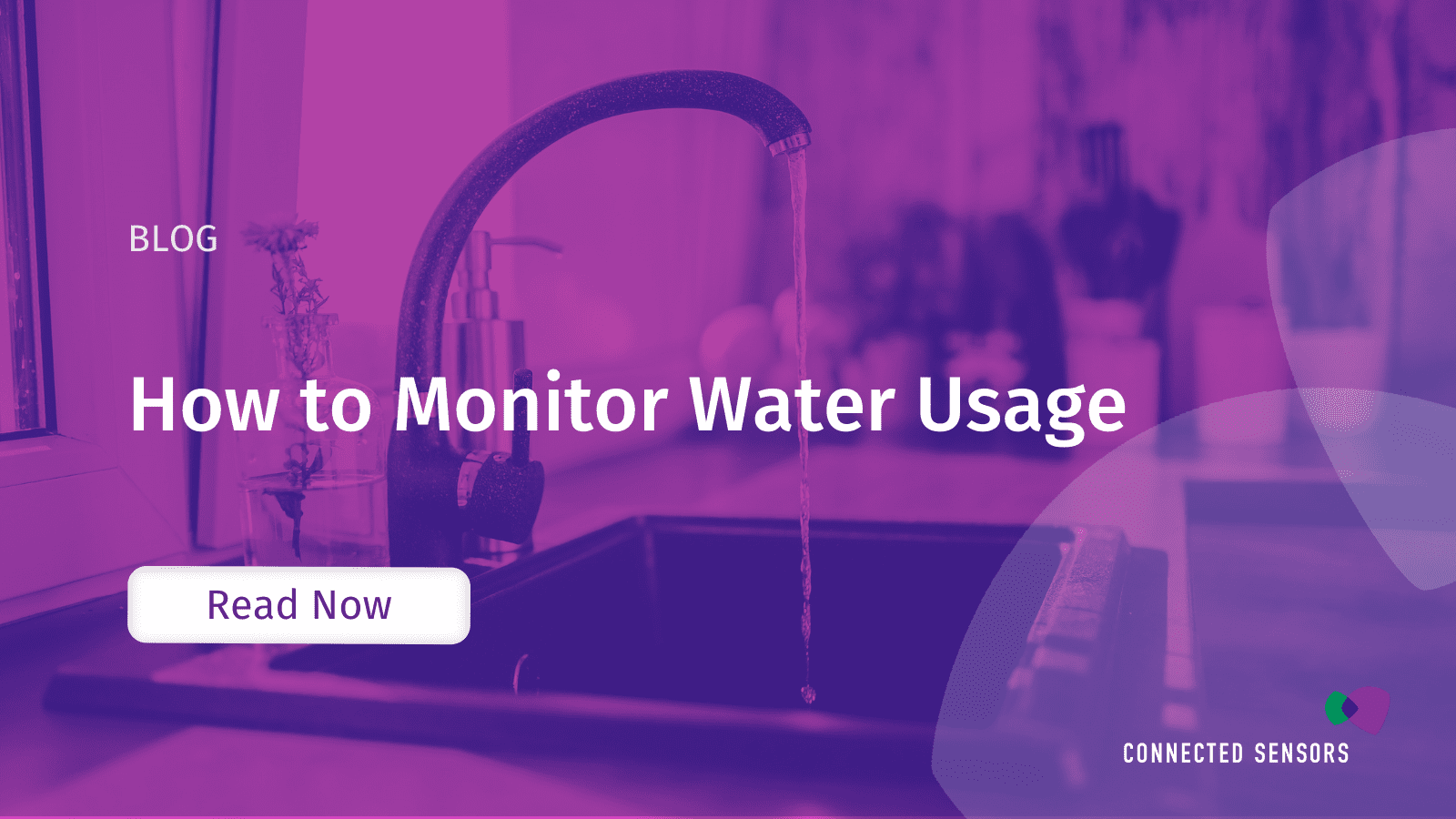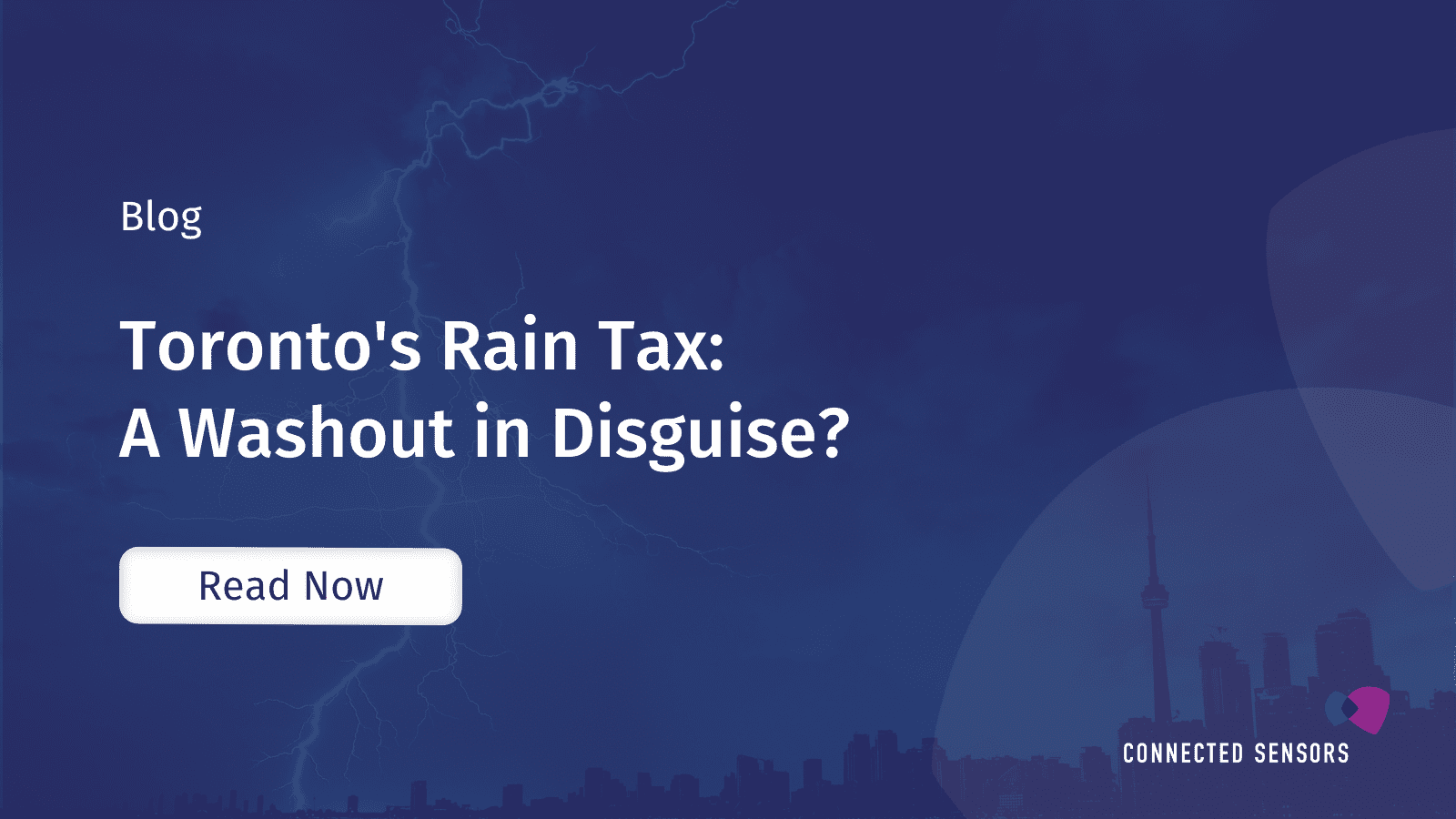





Every drip, every leak, every inefficient fixture translates to money flowing out of your pocket and straight down the drain. The question is: are you doing enough to stop it?
Here’s a reality check:
Leaky faucets and toilets: A single leaky faucet can waste gallons of water daily. It’s not just about the sound annoyance but the continuous, unnecessary consumption.
Leaky faucets: On average, a single faucet leaking at one drop per second can waste over 3,000 gallons yearly.
Toilets: A leaking toilet can waste up to 200 gallons of water daily, which amounts to thousands of dollars in increased water bills annually.
Dishwashers: Older models can consume up to 10 gallons of water per cycle, whereas newer, efficient models use as little as 4 gallons.
Washing machines: Traditional top-loading washing machines use around 30-45 gallons of water per load, while high-efficiency front loaders use only about 14 gallons.
Unmonitored irrigation: Overwatering lawns and landscaping squanders a precious resource. A typical irrigation system can waste up to 50% of water through evaporation, runoff, or over-watering. Overwatering wastes water and promotes fungal growth and root rot, leading to additional landscape maintenance costs.
These are just a few examples. However, the actual cost of water waste goes beyond the meter.
Financial Drain: High water bills directly impact your bottom line. Inefficient water management can increase operating costs by up to 20%. Excessive water consumption also incurs sewage fees, which further inflate utility bills.
Environmental Impact: Every drop wasted strains our natural resources. The ecological impact of water waste extends beyond local water scarcity; it contributes to energy consumption for water treatment and distribution. Wasted water also exacerbates pollution by carrying contaminants into waterways.
Inefficient Operations: Unidentified leaks can lead to costly repairs down the road. Unchecked leaks can cause structural damage, mold growth, and corrosion, requiring extensive and expensive repairs. Delayed detection of leaks can result in escalated repair costs and potential legal liabilities.
So, are you truly managing your water usage effectively?
Implementing smart leak detection systems can be a game-changer in managing water usage effectively. Such systems proactively monitor for leaks, ensuring individual units and common areas are free from unnoticed water wastage. This conserves water, prevents potential damage, and reduces utility costs, making it a vital component of a comprehensive water management strategy.
Understanding and utilizing the WaterSense and ENERGY STAR ratings for appliances is crucial in enhancing water efficiency. By selecting toilets, faucets, dishwashers, and washing machines with high-efficiency ratings, you contribute to environmental sustainability and significantly cut down on water consumption and utility bills. Replacing outdated appliances with modern, high-efficiency models is a smart move for any water-conscious entity.
Educating tenants on water conservation is essential for fostering a culture of sustainability. You can raise awareness about the importance of water-saving practices through initiatives like newsletters, signage, or workshops. Offering practical tips, such as fixing leaks promptly, taking shorter showers, and optimizing the use of dishwashers and washing machines, empowers tenants to actively contribute to water conservation efforts.
Incorporating efficient irrigation systems and drought-resistant landscaping is an intelligent approach to minimizing water usage outdoors. Smart irrigation controllers that adjust watering schedules based on weather conditions and soil moisture levels can prevent overwatering and conserve water while maintaining healthy landscapes. Choosing native plants that require less water further enhances the sustainability of your outdoor spaces.
Utilizing smart water monitoring software is vital for tracking water consumption in real time and swiftly identifying any unusual spikes or patterns indicative of leaks or overuse. Setting up automated alerts for abnormal water usage enables prompt intervention, ensuring any issues are addressed quickly to avoid waste.
Smart water meters are transformative tools for water management, offering detailed insights into water consumption patterns. These devices allow for remote monitoring and control, facilitating data analysis to identify high-consumption areas and optimize water usage strategies. Such real-time insights are invaluable for proactive water management.
Adopting water-saving technologies such as low-flow showerheads and faucets can significantly reduce water usage. Retrofitting existing fixtures with WaterSense-certified aerators and showerheads ensures efficient water flow without compromising performance. Encouraging tenants to promptly report any dripping faucets or malfunctioning fixtures is also crucial in conserving water.
Implementing incentive programs for water conservation can motivate tenants to engage in water-saving behaviours. Offering rebates, discounts, or other rewards for demonstrated water conservation efforts fosters a communal spirit of sustainability and contributes to significant reductions in overall water usage.
Periodic water audits are instrumental in assessing the efficiency of your water usage. Such audits can uncover inefficiencies, highlight areas for improvement, and help prioritize water-saving opportunities. Engaging professional auditors or utilizing online resources can thoroughly evaluate your water systems and practices, ensuring that your water management strategies are as effective as possible.
Remaining informed about the latest water-saving technologies and best practices is critical to evolving and enhancing water management strategies. Actively seeking out new methods, staying abreast of regulatory changes, and engaging with industry resources can help you adapt to new challenges and opportunities, ensuring your water management practices remain cutting-edge and sustainable.
If you answered “no” to even a few of these questions, it’s time to take action. Adopting these practices lessens the financial and ecological impacts of excessive water use and promotes a culture of mindful consumption. In an era where conservation is critical, these strategies offer a roadmap to more sustainable and efficient water use, emphasizing the importance of proactive management in preserving our most vital resource.
© 2023 All rights reserved